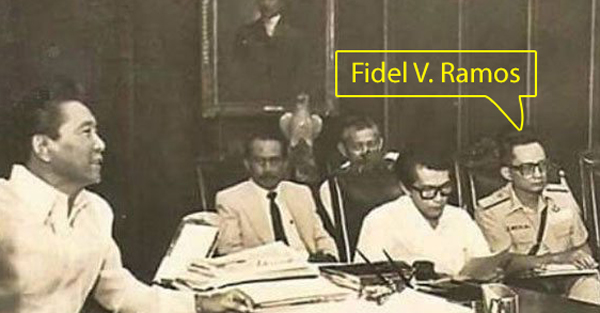

Milley publicly apologized for his appearance in Trump’s walk across Lafayette Square to pose for photos in front of a church partially burned during protests. John’s Church with a bible amid an entourage, which included Joint Chiefs of Staff Chairman Gen. “If a city or state refuses to take the actions that are necessary to defend the life and property of their residents, then I will deploy the United States military and quickly solve the problem for them,” Trump said in a White House statement on June 1 - just before he posed for a photo opportunity outside Washington, D.C.'s St. In June, at the height of the protests surrounding the death of a Black man named George Floyd at the hands of a white Minnesota police officer, President Donald Trump alluded to the Insurrection Act as a means of calling up active duty troops to quell civil unrest as protest erupted across the country. “The purpose of utilizing the mechanisms of insurrection act is to enforce the law, not replace it.” “One of the important things to remember about the Insurrection Act is that it’s not martial law,” Banks said. If the situation does not resolve itself, the President may issue an executive order to send in troops,” according to a 2006 Congressional Research Service report. In order to invoke the Insurrection Act, the president “must first issue a proclamation ordering the insurgents to disperse within a limited time, 10 U.S.C. Though purely a hypothetical, Banks notes that the way it would happen would be through the Insurrection Act. “The sort of hellish scenarios that some people talk about is one where the president orders or regular military armed forces the United States to take over cities that he believes are engaged in an unlawful election, disruption or protests in the wake of an unresolved presidential election in the days after November 3," Banks noted. “That’s not extraordinary, nor would it be if the President federalized the National Guard for similar reasons, responding to a need to disseminate vaccines next winter, for example, would be perfectly appropriate, lawful, not martial law.”

“Governors call the National Guard all the time to respond to a storms or power outages, delivering medical supplies, stuff going on even during COVID,” Banks said. “Be it enacted by the Senate and House of Representatives of the United States of America in Congress assembled, That in all cases of insurrection, or obstruction to the laws, either of the United States, or of any individual state or territory, where it is lawful for the President of the United States to call forth the militia for the purpose of suppressing such insurrection, or of causing the laws to be duly executed, it shall be lawful for him to employ, for the same purposes, such part of the land or naval force of the United States, as shall be judged necessary, having first observed all the pre-requisites of the law in that respect.”īut activating the National Guard even under federal Title 32 status, in which the federal government helps pay for Guard troops under state control, does not fall under the Insurrection Act, nor does it equate to martial law in ordinary circumstances. by the ordinary course of judicial proceedings,” according to U.S.

makes it impracticable to enforce the laws of the U.S. One exception to Posse Comitatus, however, is the Insurrection Act, which allows the use of active-duty or National Guard troops for federal law enforcement in cases when “rebellion against the authority of the U.S. However, National Guard units, which take their direction from state governors, are exempt from the Posse Comitatus Act. That act prevents troops from enforcing domestic law, preventing such actions as searching and seizing property or dispersing crowds. Though initially it only applied to the Army, it has been amended to include the Defense Department and, of course, the other service branches. The Posse Comitatus Act, passed on June 18, 1878, prevented federal troops from supervising Confederate state elections during Reconstruction.


 0 kommentar(er)
0 kommentar(er)
